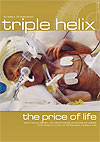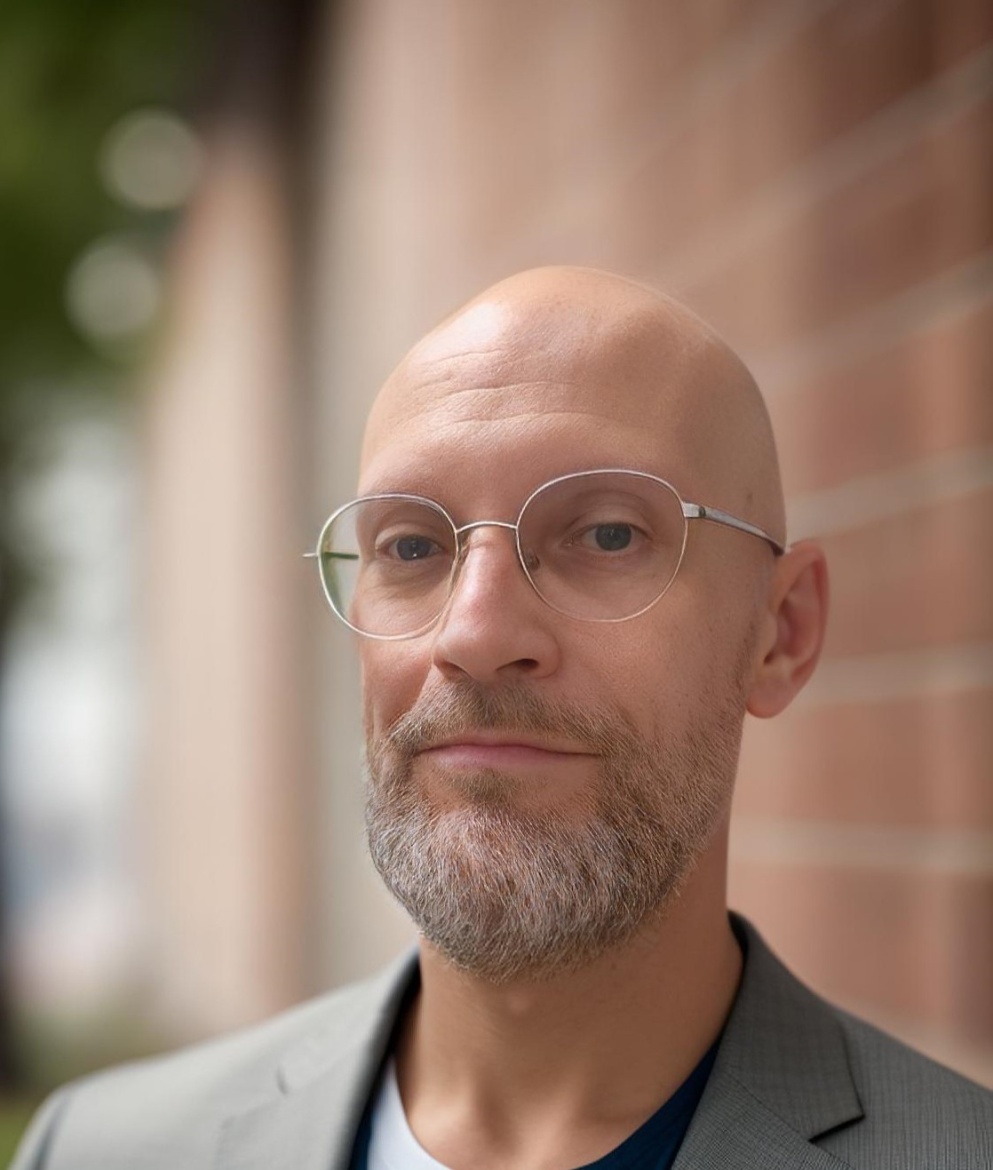As Southern Cross, the country's biggest independent provider of care homes for the elderly collapsed, the 31,000 residents of its homes, their families and carers face a hugely uncertain future.
All this because of a mixture of bad management and market speculation. But unlike the banks, which received billions in aid and low cost loans to bail them out, there was no bailout for Southern Cross. It seems our banks are too big to fail. But a company that provides accommodation and care to tens of thousands of our elders is not significant enough to be considered for such support.
This story inevitably raises the question of where our priorities lie as a society. The links between banks and care homes are closer than they at first seem, because the major lenders to Southern Cross are the two banks nationalised in the great bailout – Lloyds TSB and RBS. So if Southern Cross goes bankrupt, it will have a wider impact on the economy and in particular the publicly owned banks.
To be sure, no-one will be turned out on the streets, and there will be care home places found or maintained for all those affected, but the uncertainty must be a cause of great distress for thousands of elderly people. And the impact on the long-term health and well-being of elderly residents moved to new accommodation has, in my experience, often been pretty bad. I wonder if this constitutes a form of abuse?
The Care Quality Commission's recent report castigating 12 NHS trusts for poor nutritional care of the elderly (3) shows that private and public institutions are equally fallible. Against that background the new patient charter for the care of people who are nearing the end of their life will go some way to reminding us of our need to protect the vulnerable.
Jesus once said that where our treasure is, there also will be our heart. (4) Care and compassion are not mainstays fo the financial system, but these qualities are in danger of disappearing from the public sector. As we care for a growing elderly population with a dwindling tax base, the pressure to find more 'cost effective' altnatives to caring for the elderly long term will grow - among them assisted suicide and euthanasia. Do we not, instead, need to rediscover an ethic of care and compassion at the heart of our culture, and remember that we will be tomorrow's frail elderly, disabled or dying? What we sow today, we will reap tomorrow.
































